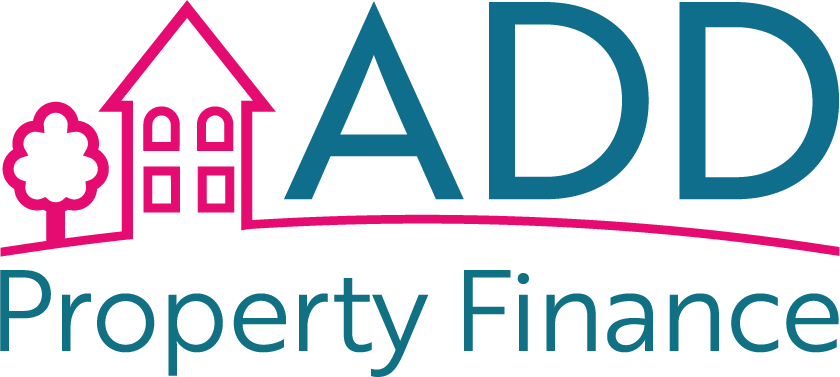Self-employment offers numerous advantages, from flexibility to pursuing your passion. However, when it comes to remortgaging, self-employed individuals often face unique challenges. The good news is that with careful planning and preparation, securing a remortgage as a self-employed borrower is entirely possible. In this article, we’ll offer guidance to self-employed individuals on how to overcome obstacles and secure remortgage deals.
1. Documentation Is Key
One of the primary challenges for self-employed borrowers is proving their income. Lenders need to assess your affordability, and for the self-employed, this means providing comprehensive documentation. Here’s what you’ll typically need:
- SA302 Forms: These forms from HM Revenue and Customs (HMRC) detail your income and tax calculations for each tax year.
- Tax Returns: Provide your tax returns for the last few years to demonstrate your income history.
- Business Accounts: If you operate as a limited company, lenders may request your business accounts. These should be prepared by a certified accountant.
- Bank Statements: Be prepared to show bank statements to verify your income and expenditures.
- Evidence of Contracts: If you have long-term contracts with clients, provide copies to demonstrate a stable income source.
2. Improve Your Credit Score
A healthy credit score is crucial when remortgaging. Ensure you:
- Review Your Credit Report: Regularly check your credit report for errors or discrepancies. Correct any inaccuracies promptly.
- Pay Bills On Time: Timely payments on credit cards, loans, and other debts can improve your credit score.
- Reduce Outstanding Debt: Lowering your existing debts can positively impact your creditworthiness.
3. Show Consistency
Lenders look for stability and consistency in self-employed income. If your income fluctuates, provide evidence of regular work, clients, or contracts to reassure lenders of your earning potential.
4. Work with a Mortgage Broker
Enlisting the help of a mortgage broker who specializes in self-employed mortgages can be invaluable. They have experience navigating the complexities of self-employed applications and can connect you with lenders who are more accommodating to self-employed borrowers.
5. Build a Larger Deposit
A larger deposit can strengthen your position when remortgaging. Saving for a bigger down payment can help secure more favorable terms.
6. Consider a Specialist Lender
If traditional lenders prove challenging, explore specialist lenders who focus on self-employed borrowers. They may have more flexible criteria and be more willing to assess your affordability holistically.
7. Plan Ahead
Begin the remortgage process well in advance of your current deal’s expiration. This allows time to gather necessary documentation, improve your credit score, and address any issues that may arise during the application process.
Conclusion
While remortgaging as a self-employed individual can present unique challenges, it’s far from impossible. By providing thorough documentation, improving your credit score, and working with professionals who understand self-employed borrowers, you can navigate the process with confidence. Remember that each lender has different criteria, so don’t be discouraged if one doesn’t work out; there are plenty of options available. With determination and strategic planning, you can successfully remortgage and continue to enjoy the benefits of self-employment while securing your financial future.







